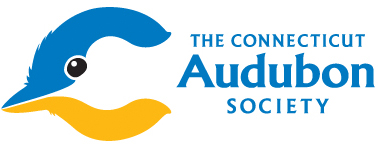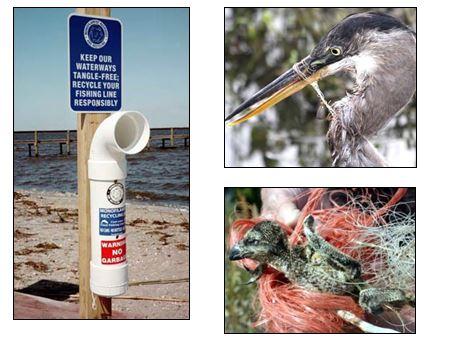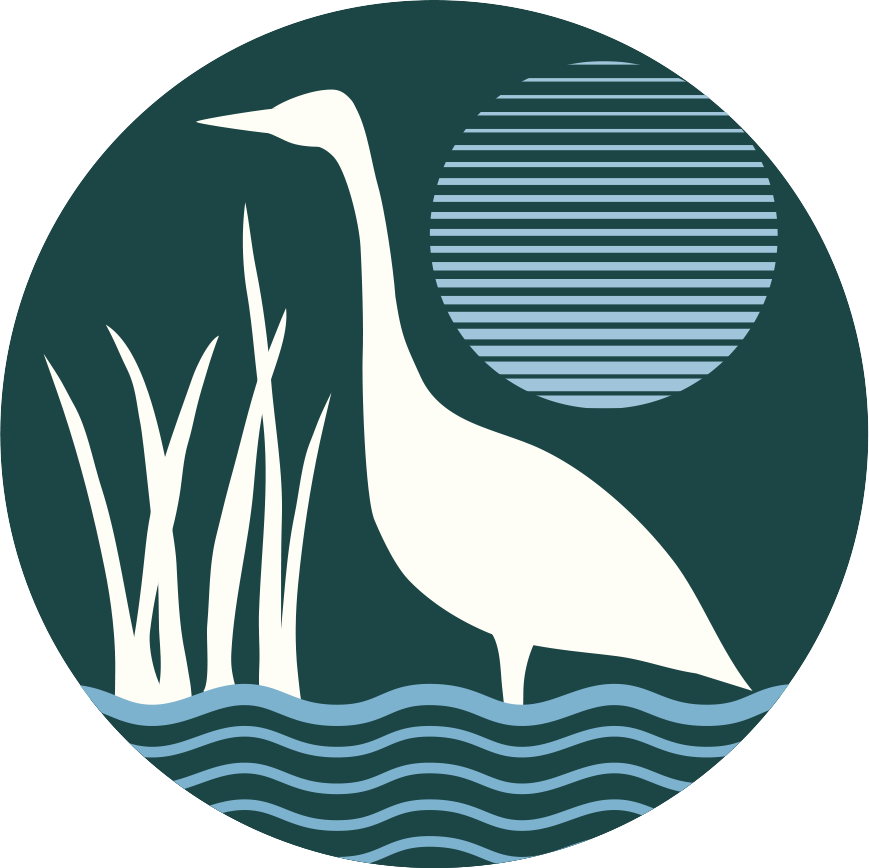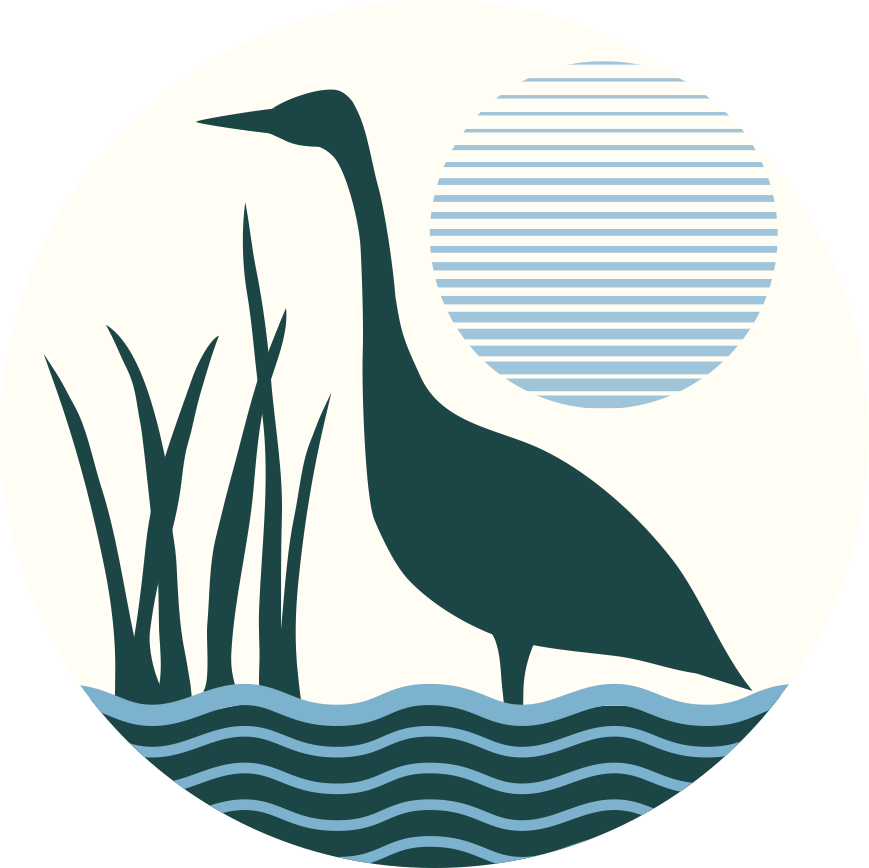
Discarded monofilament fishing line is dangerous to birds & other wildlife who become tangled in line that is disposed of along beaches, lakes, and ponds. Fishing lines caught in branches and bushes harm aquatic animals such as turtles and frogs, and become tangled on legs, wings, and beaks of birds. Many have been found hanging upside down in trees, exhausted or dead after hours of struggling. Entanglement leads to drowning, starvation, vulnerability to predators, infections and even limb amputation. Monofilament line is not biodegradable, and it also imperils swimmers, and it gets caught in propellers and damages outboard motors. We recently had a close call with fishing line which was reported to be wrapped around one of our osprey in the Fairfield Open Space area. It turned out not to be an osprey, but a red-tailed hawk. The raptor was rescued and cared for by Wildlife in Crisis of Weston until it was well enough to be released back into the wild.
The Connecticut Audubon Society has begun a Monofilament Fishing Line Recycling Program to build PVC recycling bins and install them in fishing locations in Bridgeport and Fairfield. Madeline Dennis Raleigh of Black Rock In The Know has been instrumental in drafting the project, and the Ash Creek Conservation Association, is providing the funding for bin construction since the bins can not be purchased ready-made. Other participants include the City of Bridgeport, the Town of Fairfield and the affiliated private venues where the bins are placed.
Bin Locations
St. Mary’s-by-the-Sea – 2 bins √
Arthur St. fishing area √
Captain’s Cove – 2 bins √
Fayerweather Yacht Club √
Black Rock Yacht Club √
Cedar Marina √
Seaside Park
Pleasure Beach fishing dock
Miamogue Yacht Club
South Benson Marina, Fairfield
Fairfield jetty or tip of open space area
CT Audubon will be working with the City of Bridgeport and the other venues regarding permissions & placements.
√ = confirmed
Students volunteers from the non-profit group Scholar Athletes Serving Others will construct 12 bins, from PVC pipe, fittings and glue, place informative stickers on them; and with input and assistance from the land owners will install the bins and metal signs at the sites on metal or wooden posts or on a convenient rail or dock. The students will also post notices on venue bulletin board and leave handout flyers at marina shops.
Each site will have a site monitor, a volunteer or venue employee who will periodically empty their assigned bin at regular intervals using proper safety procedures. Because monofilament line cannot be recycled with normal plastics through city recycling programs, the used line without hooks or tackle will be picked up by the CT Department of Energy & Environmental Protection for recycling.
A project document has been developed with detailed specifics on material needed, instructions for building, installing and cleaning out the bins.
Helpful videos:
Building – https://bit.ly/2LYsOpb
Installing: – https://bit.ly/2yeB2Yg
Collecting line – https://bit.ly/2JZ9v1i
For more information on this fishing line recycling project contact:
Milan Bull, Conservation Director, Connecticut Audubon Society, mbull@ctaudubon.org 203-259-6305, x 401



